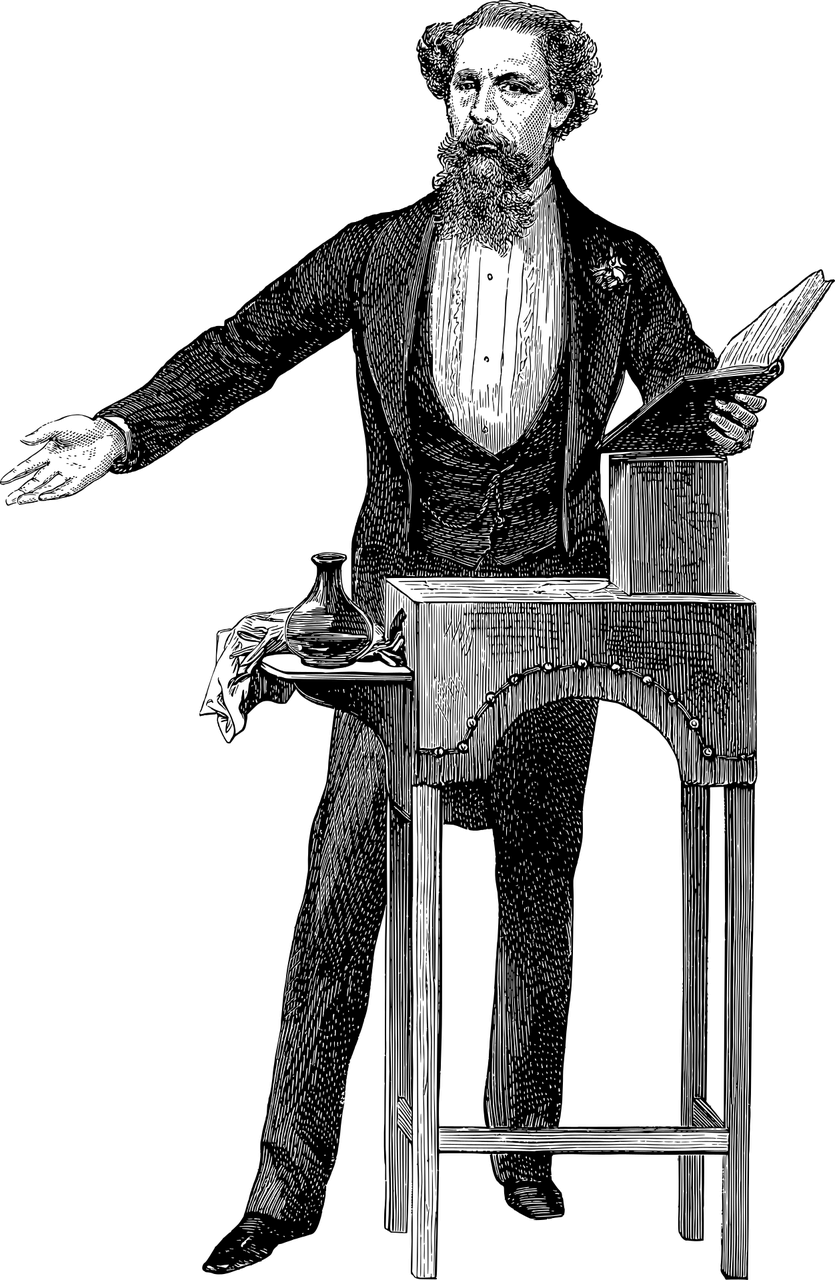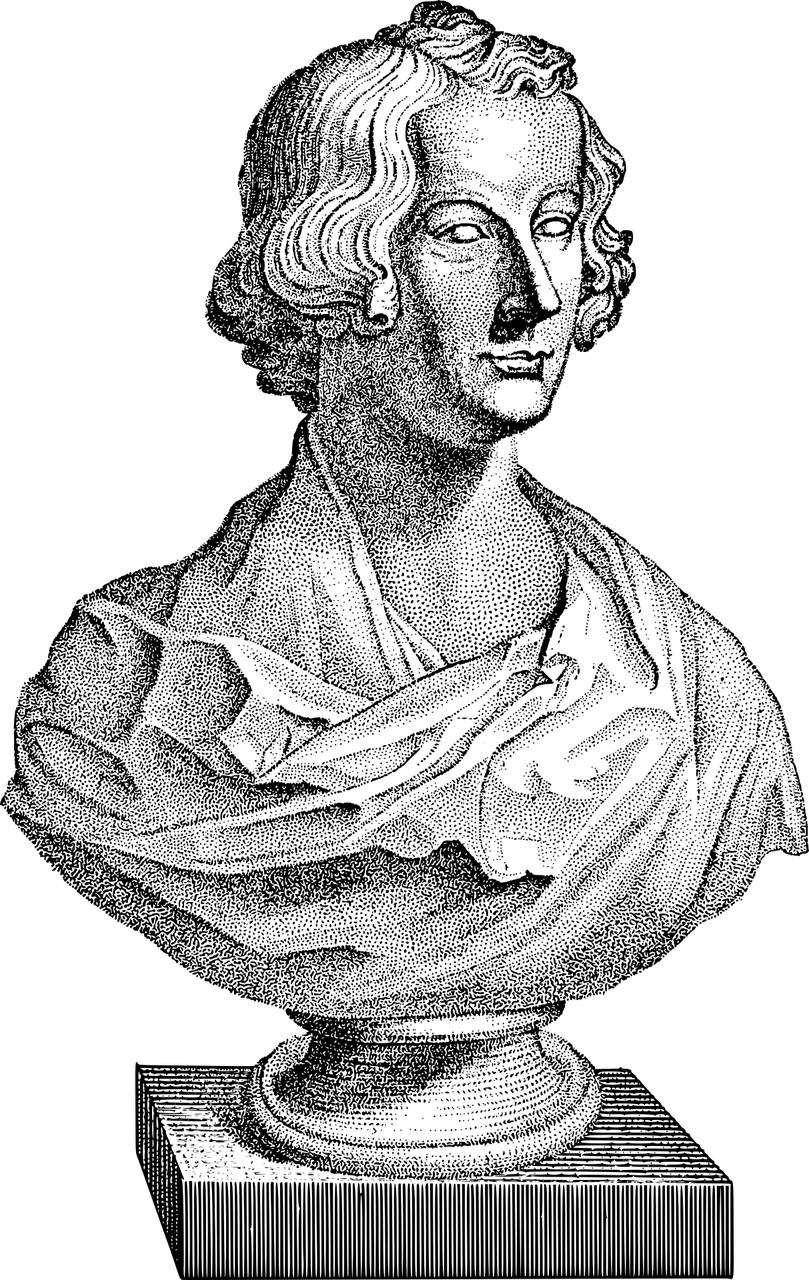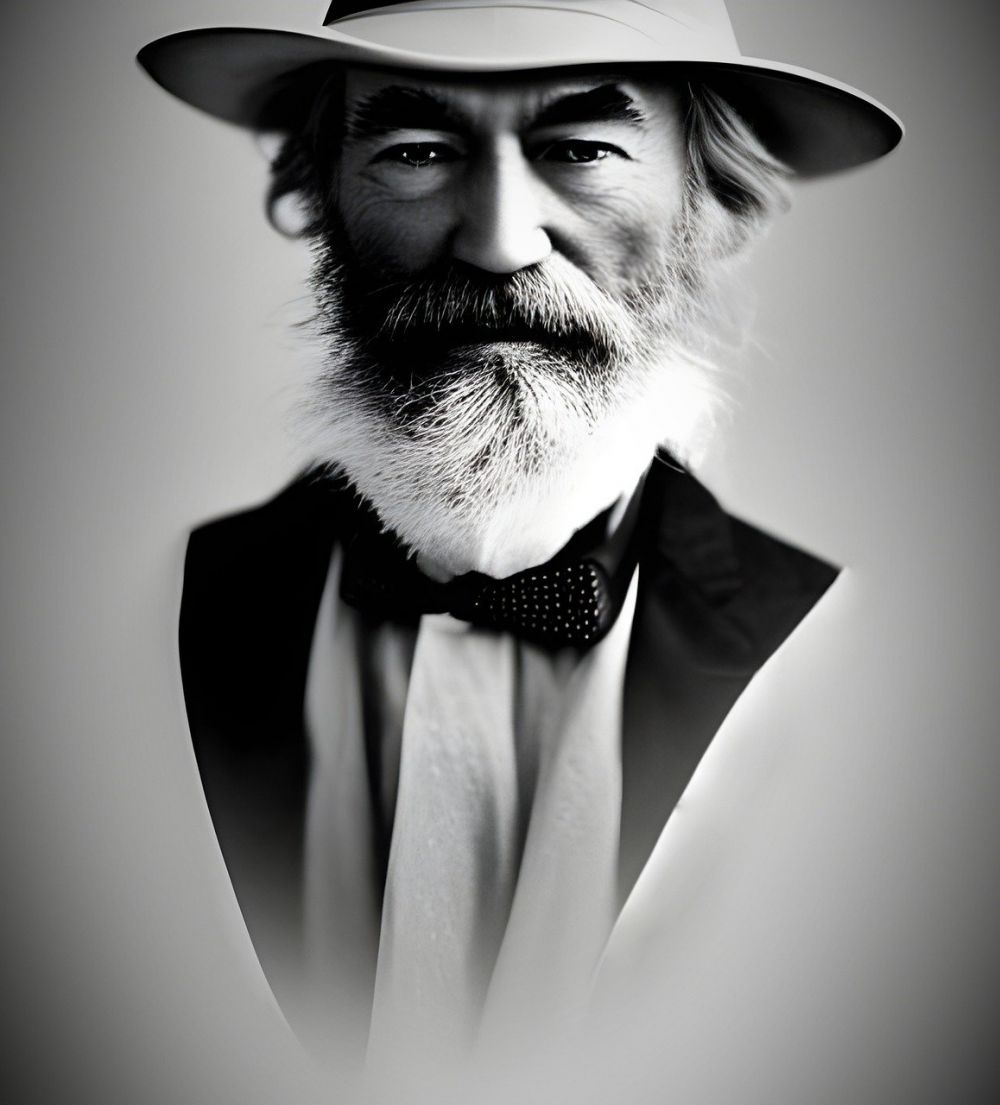GEORGE ORWELL: A MASTER OF SOCIAL COMMENTARY AND LITERARY EXCELLENCE

Introduction:
George Orwell, born Eric Arthur Blair, was a renowned British writer and journalist who is widely regarded as one of the most influential figures in 20th-century literature. His works transcend time and remain highly relevant even today. Orwell’s unique ability to blend social commentary with captivating storytelling has earned him a revered place in the literary world. In this article, we will explore the life and works of George Orwell, shedding light on his literary contributions, his historical significance, and his enduring impact on society.
I. Biography and Literary Background:

Born on June 25, 1903, in Motihari, India, Orwell began his literary journey with a strong sense of injustice and a keen observational eye. After completing his education at Eton College, he joined the Indian Imperial Police in Burma but eventually resigned due to his growing aversion towards imperialism. This experience formed the basis for some of his most profound works, such as “Burmese Days” and “Shooting an Elephant.”
Orwell’s career as a writer gained momentum when he moved to Paris and immersed himself in the bohemian lifestyle of the time. He penned numerous essays and articles, honing his distinctive writing style characterized by lucidity and directness. It was during this period that he adopted the pen name George Orwell to protect his family’s reputation.
II. Evolution of George Orwell’s Works:
1. Early Works:
Orwell’s early writings primarily focused on his personal experiences and observations. His novel, “Down and Out in Paris and London,” published in 1933, depicted the hardships faced by the working class in the two cities. This marked the beginning of Orwell’s commitment to exposing social inequalities and challenging the prevailing power structures.
2. Political Awakening:
The Spanish Civil War in the late 1930s deeply influenced Orwell’s political beliefs. Serving as a volunteer on the Republican side, he witnessed the brutal tactics employed by various political factions and their impact on the common people. This experience led him to develop a staunch anti-totalitarian stance, which is evident in his notable works, such as “Homage to Catalonia” and “Animal Farm.”
3. Dystopian Masterpiece – Nineteen Eighty-Four:
Orwell’s masterpiece, “Nineteen Eighty-Four,” published in 1949, is a haunting portrayal of a totalitarian society where individuality and freedom are suppressed. In this dystopian novel, Orwell introduced timeless concepts like Big Brother, Newspeak, and Thought Police, which have become synonymous with oppressive regimes.
III. Orwell’s Enduring Legacy:
1. Literary Style and Technique:
Orwell’s writing style is characterized by clarity, simplicity, and a remarkable ability to convey complex ideas with precision. His essays, such as “Politics and the English Language,” are considered definitive guides to effective communication, laying down principles that writers still adhere to today.
2. Social and Political Critique:
Orwell’s works offer a scathing critique of totalitarianism, authoritarianism, and the abuse of power. His acute observations of society and politics resonate with readers, urging them to question the status quo. Orwell’s writings continue to inspire movements for social justice, individual freedom, and governmental transparency.
3. Cultural Impact:
Orwell’s coined terms and phrases, such as “Big Brother is watching you” and “doublespeak,” have become part of everyday language, attesting to his lasting cultural impact. His books have been widely translated and continue to sell millions of copies worldwide, testament to their enduring relevance.
In conclusion, George Orwell’s contributions to literature, social commentary, and political critique are unparalleled. His ability to dissect societal issues and present them in captivating narratives has resonated with readers for decades. While his works may have been born out of specific historical contexts, their relevance transcends time, making George Orwell a writer whose influence continues to shape our understanding of the world.





